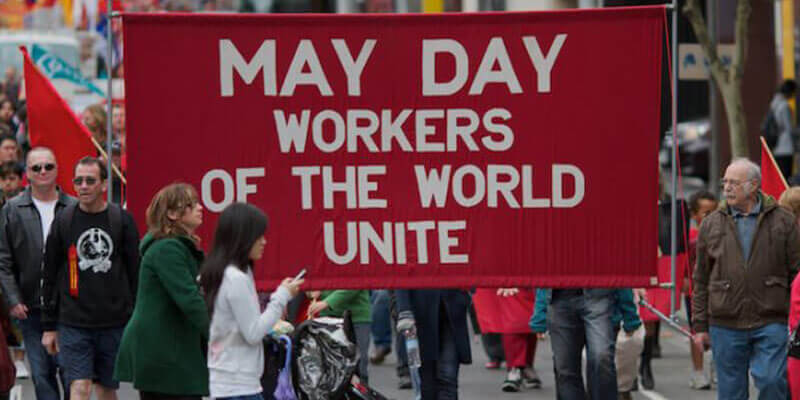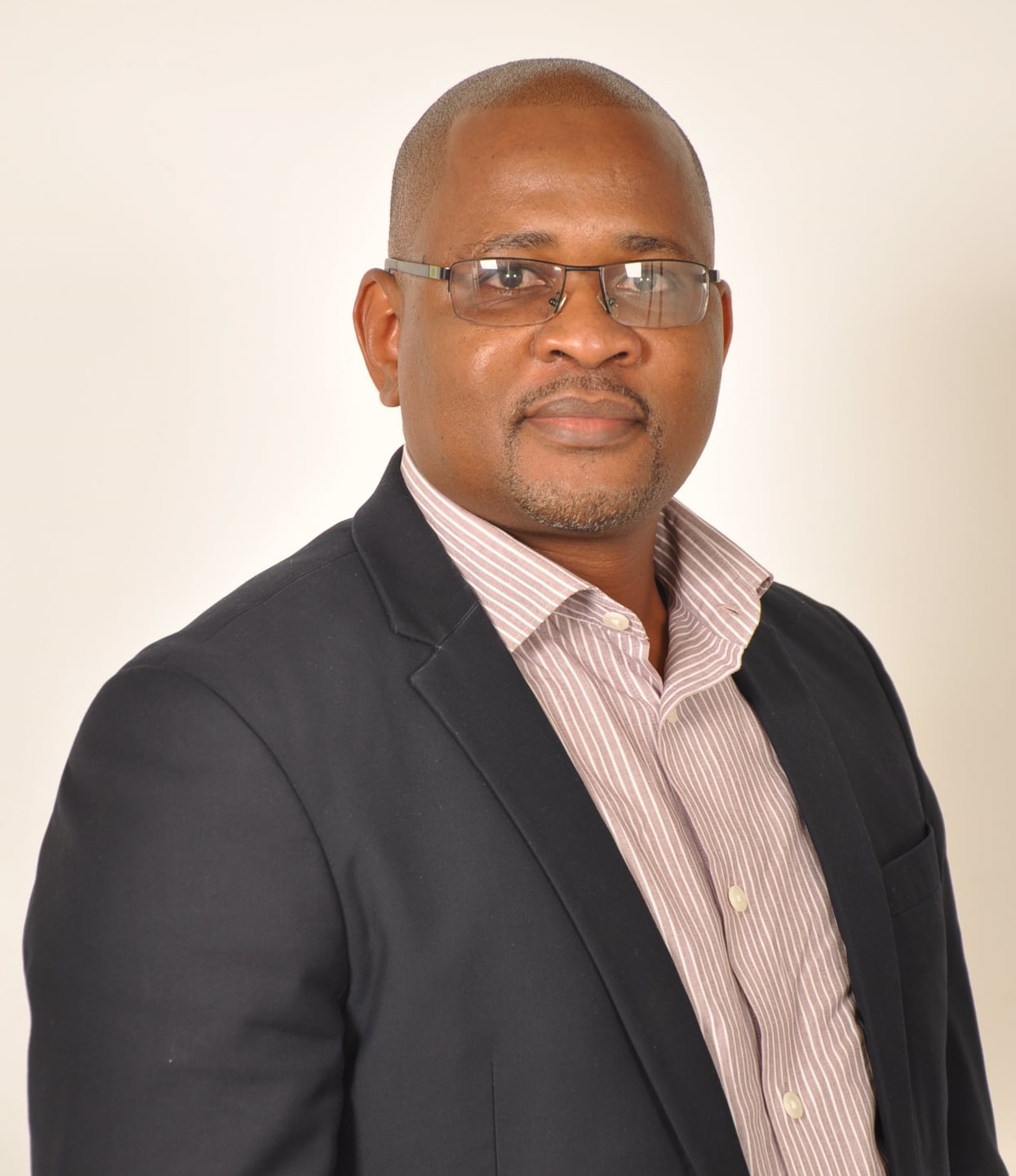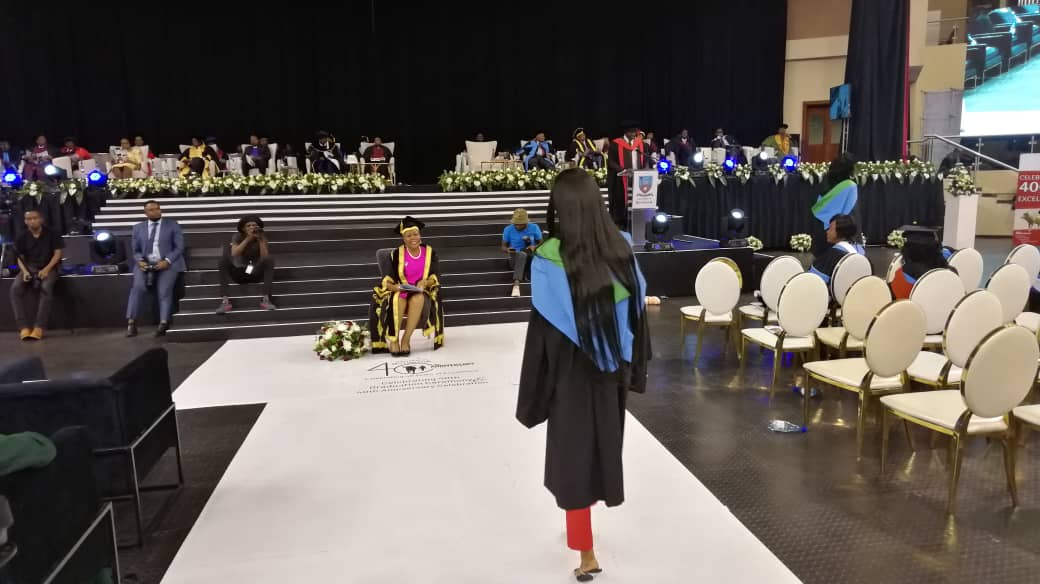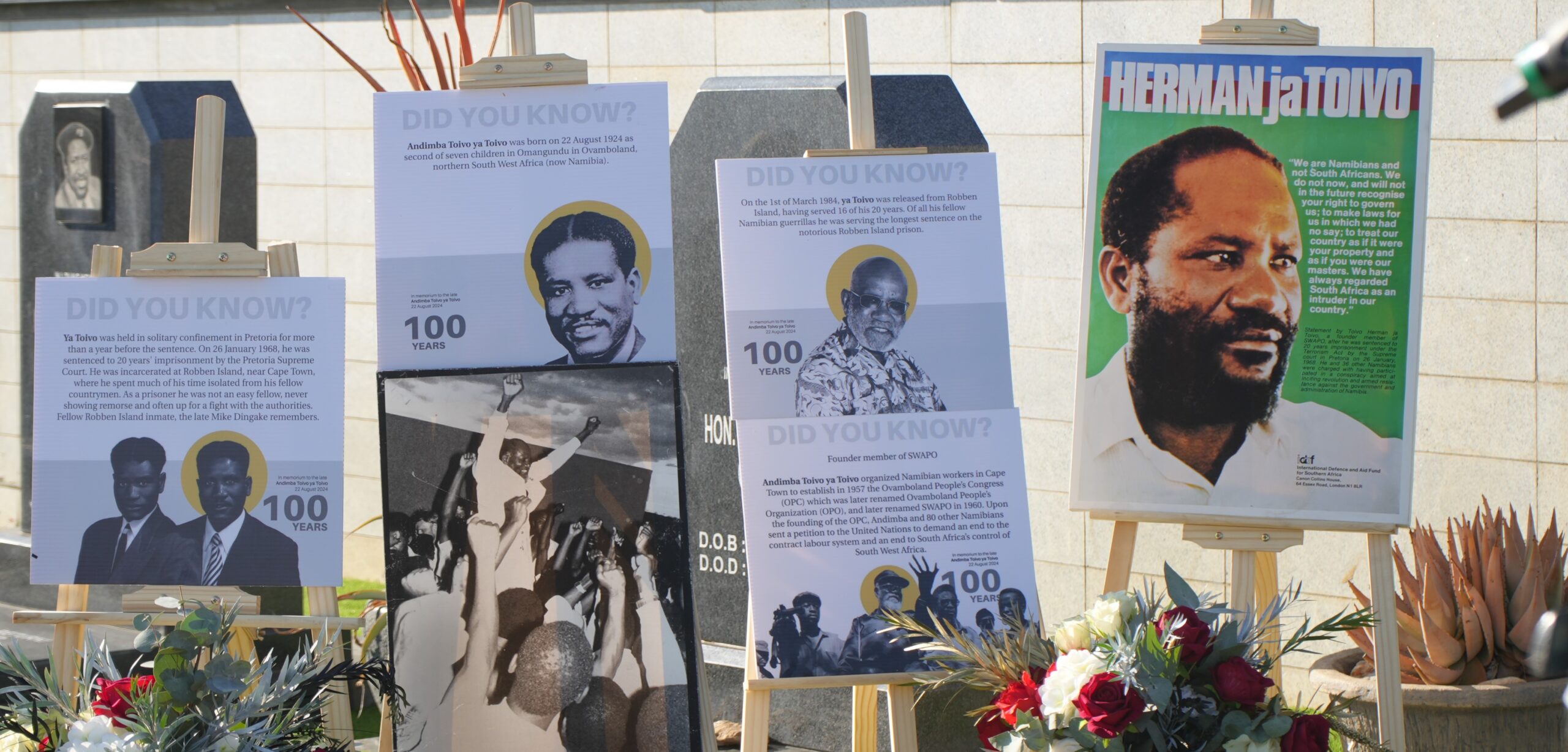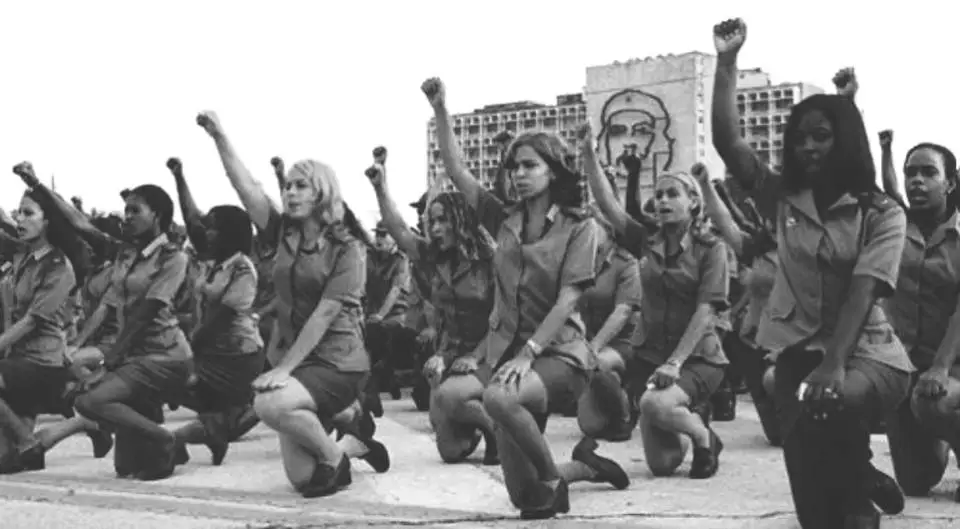
Cuban women have led their emancipation from the frontlines
by Amb Phatse Justice Piitso*
From biblical Babylon to modern civilisation, the question of women’s leadership roles has been a contentious issue in power dynamics.
Even King Hammurabi of ancient Babylon wrote a set of patriarchal laws in cuneiform on a stone pillar, defining women’s roles in relation to their dependence on men—placing them beside the father, brother, husband, and master.

Throughout the centuries of human society’s development, women have shown that freedom is only won through struggle. Society is, after all, a mirror of its own image, and women have played a pivotal role in shaping the future of humanity.
They have proven to be the impregnable fortresses of freedom, equality, and fraternity for future generations.
During one of my rare encounters with the leadership of the Communist Party of Cuba, I visited the eastern province of Santiago de Cuba, accompanied by two illustrious sons of the revolution, comrades Jorge Risquet Valdés and Victor Dreke.
Both were part of Ernesto “Che” Guevara’s expedition to Africa, with Victor Dreke serving as second-in-command of the contingent led by Che in the Congo, and Jorge Risquet leading the mission in Congo Brazzaville.
Santiago de Cuba is the home of the Cuban Revolution, a region marked by centuries of heroic struggle against European colonial regimes. It is known for its colonial architecture, historical landmarks, and magnificent sites at the foothills of the Sierra Maestra Mountains.
Among the places we visited during our three-day stay were the Moncada Barracks, now a primary school, the Santa Ifigenia Mausoleum, and Casa Natal de Antonio Maceo, the birthplace of the legendary leader.
Most importantly, we visited the house of Mariana Grajales, the mother of the Cuban Revolution.
This visit reinvigorated the memory of the leadership role of Cuban women, particularly the “Mambisas” – women guerrilla fighters who played a central role in the fight against imperialism and colonialism.
I was told about the legendary Mambisas, women who stood with the father of the Cuban nation, Carlos Manuel de Céspedes, when he declared Cuba’s independence and freed its slaves.
These women fought alongside their male counterparts during Cuba’s Ten Years’ War and the War for Independence, demonstrating their resilience and dedication to freedom.
Mariana Grajales, often called the mother of the Cuban nation, epitomised this spirit of sacrifice. At the start of the war, she took a crucifix from the wall, called her family to their knees, and swore an oath to liberate the country or die trying.

Almost her entire family perished in combat, but her stoic patriotism never wavered. Upon receiving the remains of her son Antonio Maceo, she rebuked those mourning, declaring that she still had more sons to give to the revolution. Such strength earned her the title of “Mother of the Cuban Nation.”
On January 6, 1894, Cuban national hero José Martí paid tribute to Grajales in his newspaper *Patria*, writing: “What was there in that woman? What epic and mystery existed in that humble life, that sanctity and greatness that flowed from her simple existence?”
Her name now stands alongside Martí, Céspedes, Maceo, and others in the gallery of Cuban heroes. The exemplary role of the Mambisas was evident during the historic 1869 Congress of Guáimaro, where the first constitution of the independent Cuban republic was drafted.
During the debates, Ana Betancourt, one of the Mambisas, declared: “Citizens, Cuban women, in the dark and quiet corners of the home, patient and resigned, await this sublime hour. The time has come to liberate women.”
In recognition of the pivotal role women played in the revolution, Fidel Castro formed the Mariana Grajales Women’s Platoon on September 4, 1958.
Led by Comrade Isabel Rielo, the women of this platoon fought alongside men, embodying Castro’s belief that the revolution for women’s equality was, in fact, a “revolution within a revolution.”
Celia Sánchez, a founding member of the July 26 Movement and a key figure in the Cuban Revolution, summed up this spirit in a letter to her father.
She wrote, “Every day, I see how much Cuba needed this revolution. We conceived of revolutionary consciousness, and we have attained it.”
In a 1966 speech at the 5th National Plenary of the Federation of Cuban Women, Fidel Castro reaffirmed this view, stating: “If we were asked what the most revolutionary thing about the revolution is, we would answer that it is precisely this: the revolution that is taking place among the women of our country.”
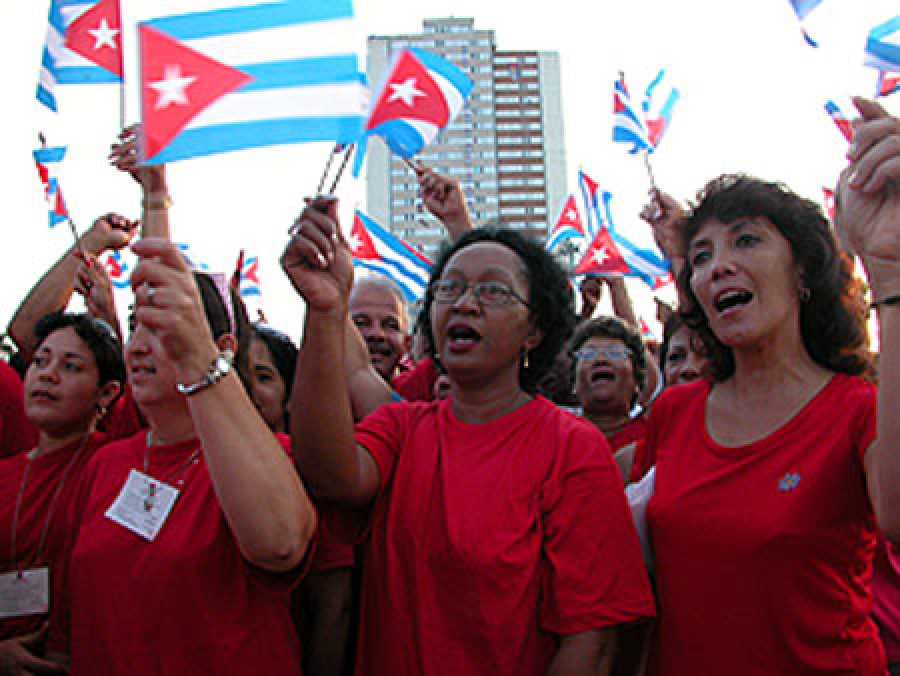
On Fidel’s 70th birthday, Vilma Espín, President of the Federation of Cuban Women, expressed her gratitude, writing: “What a privilege for us to live in your time and share in the struggles to defend justice won. Every Cuban woman who has achieved social equality owes this to your visionary project.”
It was no small feat for Castro to integrate women as active combatants in a patriarchal society, but he understood that the struggle for humanity’s freedom was inseparable from the fight for women’s emancipation.
The women of the Mariana Grajales Platoon proved their worth on the battlefield and in the revolution, carrying out combat operations, producing uniforms, conducting propaganda, and transporting arms and supplies.
After the revolution’s triumph in 1959, Cuban women took on new leadership roles, including leading literacy brigades across the country, making Cuba the most literate nation in the Western Hemisphere.
Cuban women also became international standard-bearers of solidarity, participating in health exchange programmes and humanitarian missions worldwide, from Haiti and Peru to Southern Africa.
The women of Cuba turned the adversity of decades-long economic sanctions into a source of strength. They demonstrated that courage is the greatest virtue, and through their struggle, they have emerged as stronger souls, the best volunteers in humanity’s fight for freedom.
The Mariana Grajales Women’s Platoon exemplifies the heroism of women worldwide in the pursuit of freedom and equality.
The people of Africa, in particular, will forever be grateful to the heroic women of Cuba for their contributions to the continent’s liberation from imperialism and colonialism.
- Ambassador Phatse Justice Piitso is a member of the African National Congress, writing this article in his personal capacity.






